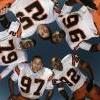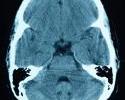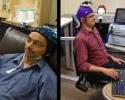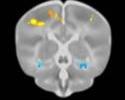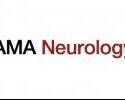Close to half of all Canadian children who experience traumatic brain injuries and who require emergency attention experience them during ice hockey.
This should come as little surprise to most readers, since ice hockey is the national sport and it is played by such a large proportion of the population.
Researchers from St. Michael's Hospital, Toronto, have reported in the journal PLOS ONE that, in what they claim is a first-of-its-kind study, collected data regarding the causes of emergency room visits among children and the causes of sports-related brain injuries.
According to lead author Dr. Cusimano:
Unless we understand how children are getting hurt in sport, we can't develop ways to prevent these serious injuries from happening. One would think that we know the reasons why kids are having brain injuries in sports, but until know, it was based mainly on anecdotes.
Investigators examined data from the Canadian Hospitals Injury Reporting and Prevention Program, which features some 13,000 children and teenagers who sustained a sports-related brain injury between the years 1990 and 2009.
While kids who played soccer, baseball, football and basketball experienced some of the brain injuries, a whopping 44.3 percent of all sports-related injuries among Canadian children and teenagers occurred during ice hockey. About 70 percent of them affected kids who were over the age of ten and who were checked into the boards or who had player-to-player contact.
Added Dr. Cusimano:
This shows that body contact is still an area where we need to make major inroads to preventing brain injuries. For example, enforcing existing rules and making more effective incentives and disincentives about checking from behind could make huge improvements.
The subject of brain injury and sport has become one of the hottest subjects in sports medicine in recent years and this study should add more fuel to that fire.
Source: MNT




